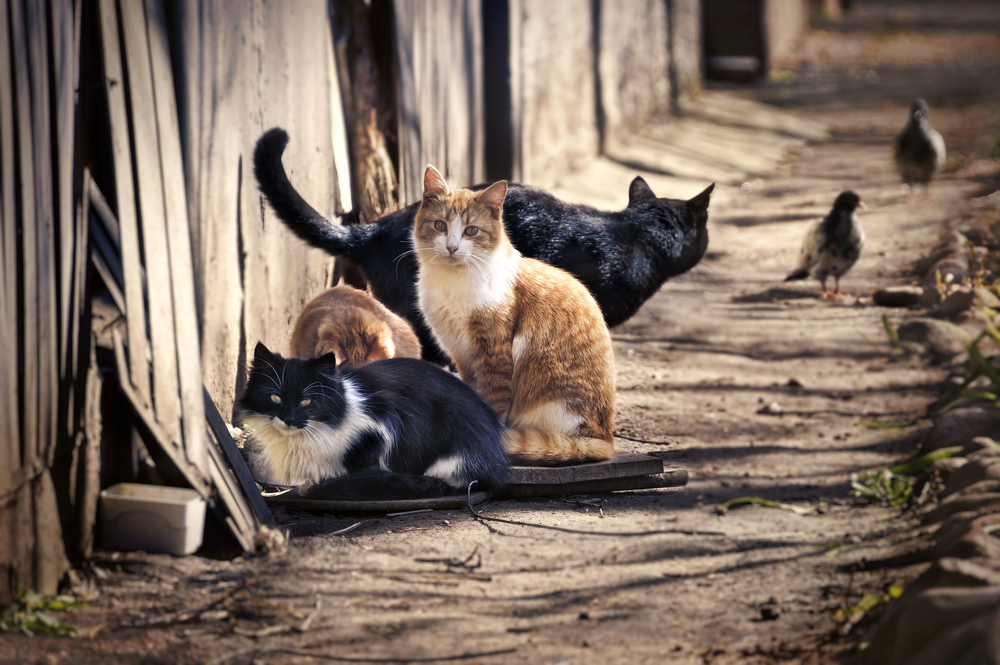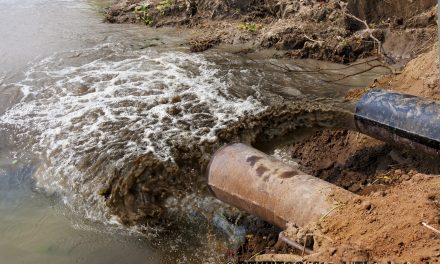A human “body farm” in Colorado has discovered that domestic cats have been breaking into their facility and feasting on the remains of test bodies.
As reported in the Journal of Forensic Sciences’ November issue, a facility in Whitewater, CO has witnessed and recorded at least two occurrences of feral cats eating the remains of test subjects. The behavior is relatively rare, and resembles the activities of wild bobcats who also scavenge at these places.
RELATED STORY:
In the latest study, the team reports how two bodies, that of a man and woman who died at the ages of 70 and 79 respectively, were scavenged by cats. Both had been placed outside about two weeks after death. The cats started eating the bodies about five or six days after they had been placed in the facility. They wrote:
“Both cats showed a preference for bodies in relatively early decomposition. Scavenging began when the bodies showed early signs of decomposition and ended at the onset of moist decomposition.”
(NOTE: this video contains graphic images and may be inappropriate for some users)
RELATED STORY:
In the few cases where house cats have been reported eating human bodies, they tend to go for facial tissue, such as the nose and mouth. Bobcats appear to target the arms, hips, and thighs, the researchers say. In the past, the animals preferred different areas to eat, so the new results are puzzling.
“Body farms” are increasingly being used to study how human remains decompose in a natural environment. At these sites, scientists leave dead bodies outside to record how they decay over time. There are seven of these facilities in the U.S., with the biggest in Texas. This area of research has many applications, from aiding in police investigations to archaeology and anthropology.












